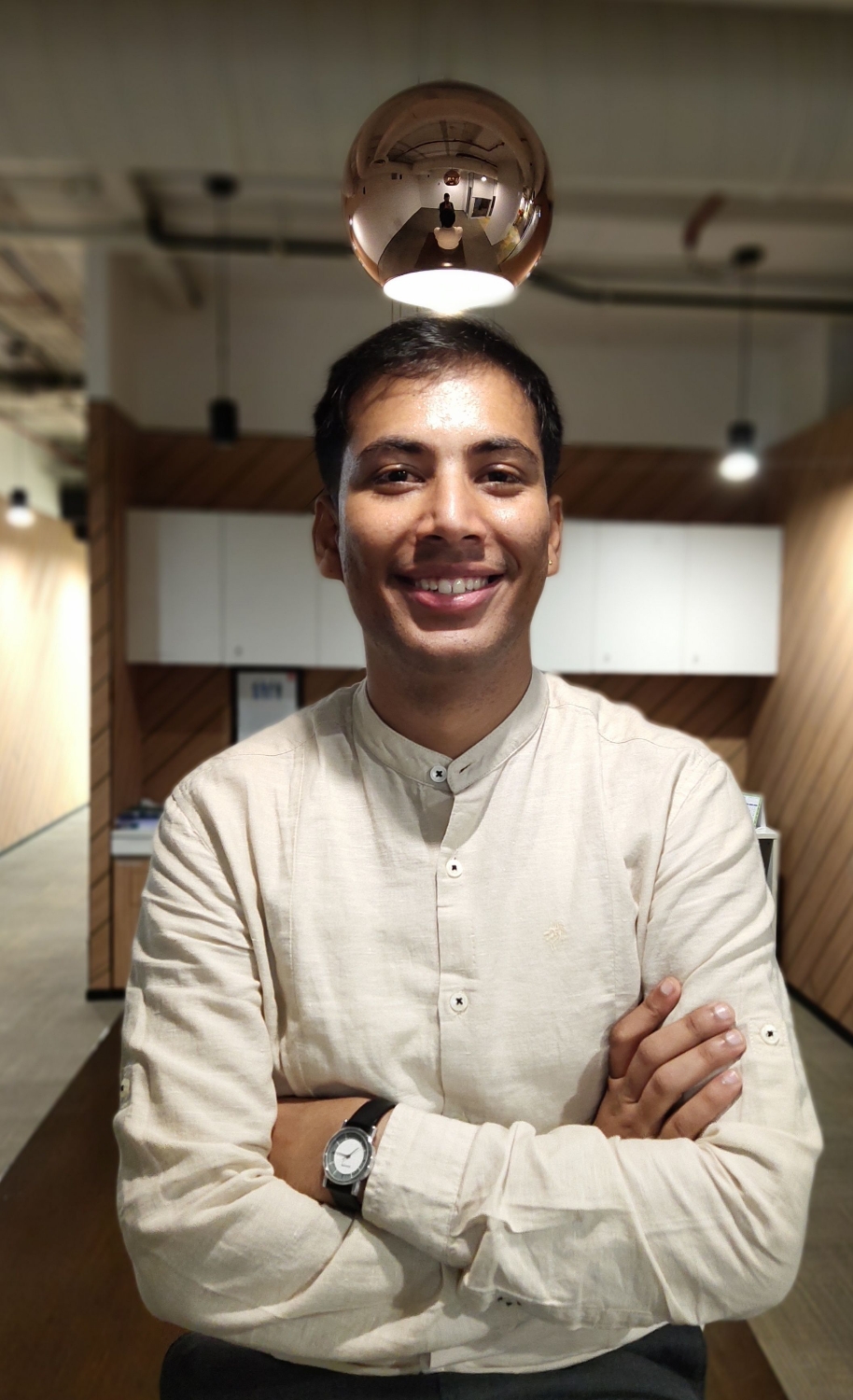M for Mujra, M for Modi: Dictionary of Hate and Division
- Pius Fozan

- May 26, 2024
- 4 min read
In challenging the so-called elites, far-right populists often create their own elites, and Modi is no exception. His followers can see these contradictions, but their sense of Brahminical superiority, their sheer hatred towards Muslims, and their narrow-mindedness, suddenly nurtured and protected by this messiah-like figure, make them submit with unquestionable loyalty towards Modi.

Narendra Modi burst forth once again, and with each phase of the election drawing to a close, every speech reveals a darker side that commentators, journalists, and historians have been discussing for decades. He bitterly and furiously remarked, “if the India bloc wants to accept the servitude of their vote bank, they’re free to do so… perform mujra (traditional Indian musical dance) to please ‘them,’ they’re free to do so.” In Modi’s rhetoric, especially during this election, his repugnance and disdain towards Muslim citizens of India reaches new heights. He has labelled Muslims as “infiltrators,” “who produce many children,” and has previously compared them to stray “puppies."
When questioned about his “infiltrators” comment, Modi, like many on the political right, defended himself by claiming he had Muslim neighbours with whom he shared meals and festivals. How could he possibly dislike them? His evident abomination towards Muslims is not unique; it mirrors the flawed logic used by racists in the West who argue that having a Black partner exempts them from being racist.
Yet, this is just one scarred and demagogic facet of Modi’s multilayered and conflicting ambitions and the image he wishes to craft. He aspires to be a Hindu Hridya Samrat (emperor of Hindu hearts) like Balasaheb Thackeray, but also yearns to be remembered as a statesman akin to Nehru. He often contradicts himself, claiming, “The day I do Hindu-Muslim, I will be unworthy of public life.” However, the very next day, he incites anti-Muslim hate and fear in his election rallies. To his voters, he appeals in various ways, reinforcing stereotypes crafted to demonize and delegitimize not just Muslims but the opposition as well.
His megalomaniac tendencies propel him to portray himself as a messiah. In one interview, he tearfully claimed divinity, “I was born biologically… I am convinced that ‘Parmatma’ (God) sent me for a purpose. Once the purpose is achieved, my work will be one done.” This assertion implies that he sees himself as being sent by a higher power to serve the people, to uproot evil — clearly indicating the already framed enemy, which is Muslims and the opposition — and to establish a glorious Vishwa Guru (world teacher) that is not just Hindu Bharat (a nation for Hindus) but necessarily Brahminical Bharat.
This claim to divinity is neither accidental nor standalone. Over his years in power, he has squarely and methodically built this image, with the current election being a decisive moment where all the pieces are coming together. BJP’s frequent spokesperson on India's prime time, Sambit Patra’s comment likening him to a deity for whom Lord Jagannath is a devotee is neither an accident nor a slip of the tongue but a studied, deliberate conditioning that Modi and his followers have crafted in the minds of the people. Much like ancient kings who asserted their absolute power by portraying themselves as representatives of God, Modi seeks to solidify his rule through divine association.
Numerous viral videos, reports, and interviews have surfaced where young and old, men and women, rich and poor, oppressor and oppressed — shunning and resigning the whole concept of intersectionality and subalternity — vow loyalty to Modi, vote for him even if they have to beg to live or have no jobs or public services. The stark contradiction in Modi’s self-proclaimed image of a selfless fakir (saint) who left his family to serve the country and his daily reality of donning expensive accessories, from glasses and watches to flying in multi-crore aircraft and changing his dress several times a day, is glaring. He is a king dipped in abundant opulence and royal stature, presiding over a new “Billionaire Raj,” where the top 1% of India controls 22.6% of the national income—the highest in over a century—while the bottom 50% is left with just a 15% share.
He is constantly filmed walking alone like a colossus on grand temple corridors, performing pooja not just at temples, but constitutional institutions like the parliament building as the prime priest of the nation. He stands on raised podiums among his colleagues during election campaigns, demanding the persona of an unchallenged emperor.
In challenging the so-called elites, far-right populists often create their own elites, and Modi is no exception. His followers can see these contradictions, but their sense of Brahminical superiority, their sheer hatred towards Muslims, and their narrow-mindedness, suddenly nurtured and protected by this messiah-like figure, make them submit with unquestionable loyalty towards Modi.
Modi is everything and nothing. He is a monumental failure, a hatemonger, an elusive self-declared statesman, and a “fakir” who abandoned his wife, yet also a morally corrupt politician neck-deep in a power grab. All these elements coalesce into a persona that stands in stark opposition to the very definition of democracy.


